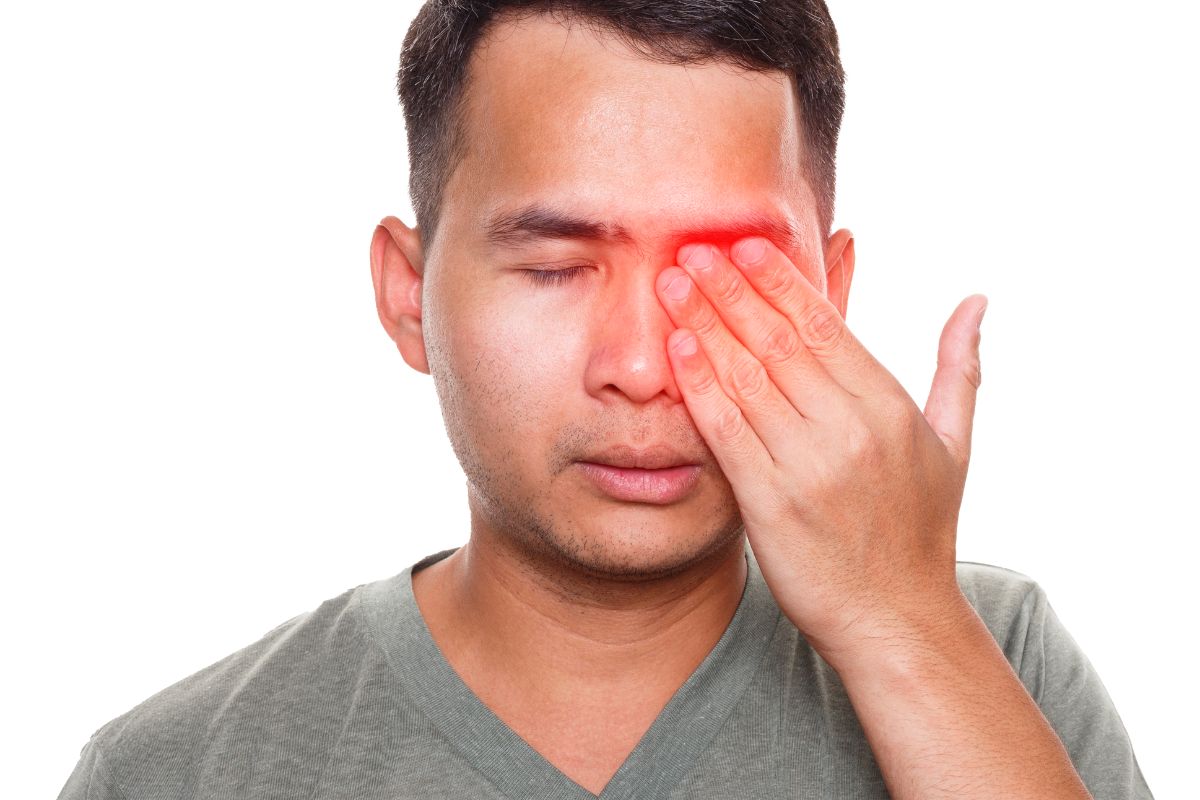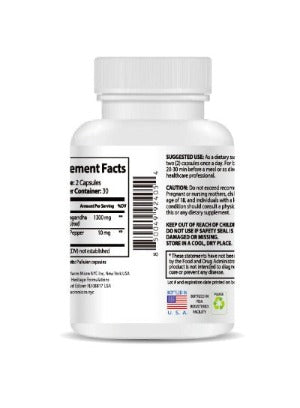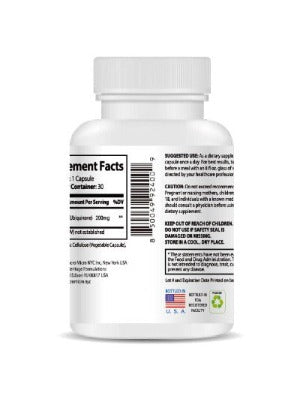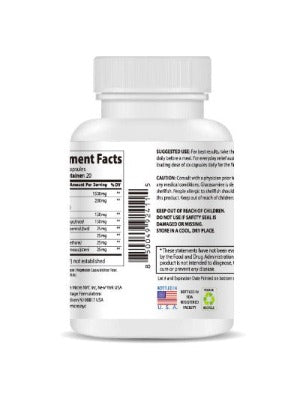Living with Eye Allergies: Your Comprehensive Guide to Preventing Itchy Eyes Daily
Eye allergies, a prevalent condition affecting millions, significantly impact daily life. Characterized by the incessant itch, redness, and watering of the eyes, these allergies can disrupt work, leisure, and sleep. In 2025, with increased screen time and environmental pollution, understanding and managing eye allergies is more crucial than ever before. This comprehensive guide provides actionable strategies to alleviate itchy eyes and prevent future allergy flare-ups.
Understanding the Root Cause of Eye Allergies
Eye allergies, also known as allergic conjunctivitis, arise from an overreaction of your immune system to common allergens. These allergens, ranging from pollen and pet dander to dust mites and mold, trigger the release of histamine and other inflammatory chemicals. This inflammatory response leads to the characteristic symptoms: itching, redness, swelling, and excessive tearing. The severity of symptoms can vary widely depending on the individual, the allergen, and the level of exposure.
Daily Strategies for Allergy Prevention and Relief
Effective management of eye allergies requires a multi-faceted approach encompassing lifestyle changes, preventative measures, and targeted treatments. Here’s a breakdown of effective daily strategies:
1. Identifying and Minimizing Exposure to Allergens
- Detailed Allergy Tracking: Keep a daily journal documenting symptom severity and potential exposures. Identifying patterns in your symptoms can help pinpoint specific triggers.
- Environmental Controls: Minimize exposure to known allergens. This includes using air purifiers with HEPA filters, regularly cleaning your home (especially bedding and carpets), and opting for hypoallergenic bedding materials.
- Pollen Awareness: Check daily pollen counts, and plan outdoor activities accordingly. Limit outdoor time during peak pollen hours (typically early morning and late afternoon).
- Pet Considerations: If you have pet allergies, regular bathing of your pets and minimizing their access to your bedroom can help reduce allergen exposure.
2. Maintaining Good Eye Hygiene
- Regular Eye Cleansing: Gently wash your eyes with cool water, ideally twice daily, to remove allergens and debris.
- Avoid Touching Your Eyes: Hands can carry allergens, so avoid unnecessary touching of your eyes. If you must touch your eyes, wash your hands thoroughly beforehand.
- Contact Lens Considerations: If you wear contact lenses, ensure proper hygiene practices are followed to prevent further eye irritation. Consider daily disposable lenses to minimize allergen accumulation.
3. Soothing and Relieving Itchy Eyes
- Cold Compresses: Applying cool compresses to your eyes several times a day can help reduce swelling and inflammation.
- Over-the-counter Eye Drops: Antihistamine eye drops are readily available and can effectively relieve itching and redness. Always follow the instructions on the product packaging.
- Artificial Tears: Lubricating eye drops can help alleviate dryness and irritation associated with eye allergies.
-
Wise Quest Soothing Eye Patches: These innovative patches harness the power of traditional Chinese herbal medicine to fundamentally relieve eye fatigue, dryness, astringency, redness, and swelling caused by long hours in front of screens or allergy-related inflammation. They promote healthy blood circulation, helping to relieve eye discomfort and disease.

4. Lifestyle Adjustments for Allergy Management
- Dietary Considerations: Some studies suggest that certain foods can exacerbate allergy symptoms. Consult with a doctor or allergist to explore potential dietary modifications.
- Stress Management: Stress can trigger or worsen allergy symptoms. Incorporate stress-reducing techniques such as yoga, meditation, or deep breathing exercises into your daily routine.
- Adequate Sleep: Getting enough sleep is essential for overall health and immune function. Aim for 7-8 hours of quality sleep each night.
Long-Term Management and Professional Guidance
For persistent or severe eye allergies, seeking professional help is essential. An ophthalmologist or allergist can conduct comprehensive testing to identify specific allergens and recommend appropriate treatment plans. These may include prescription eye drops, oral medications, or immunotherapy. Regular check-ups ensure ongoing management and adjustment of treatment strategies as needed.
Conclusion: Embracing a Holistic Approach
Living with eye allergies doesn't mean resigning yourself to constant discomfort. By proactively implementing the preventative strategies and daily routines outlined above, and utilizing effective products such as the Wise Quest Soothing Eye Patches, you can significantly reduce the impact of eye allergies on your daily life. Remember, a holistic approach encompassing lifestyle changes, environmental controls, and professional guidance empowers you to regain control and enjoy a life free from the constant itch of eye allergies.









